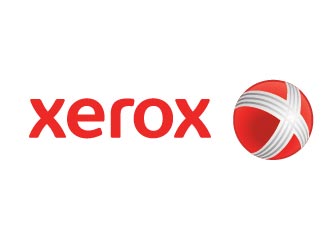
New Xerox research reveals huge disparities between patients and healthcare payers & providers. Think of it as a “Mars vs. Venus” conundrum for the industry – as consumer attitudes and the industry professionals’ perception of those attitudes are so misaligned, it feels like the groups are on different planets. The study, conducted by Y&R’s BAV Consulting on behalf of Xerox[1], surveyed 761 U.S. adults who purchase health insurance and are healthcare decision makers for their households and 204 healthcare payers and providers.
Despite what healthcare providers and payers believe to be true, nearly 50 percent of consumers say they take complete responsibility for their health, whereas less than 6 percent of healthcare professionals believe this to be true. In addition, less than 5 percent of consumers say they don’t know how to take charge of their own healthcare, but nearly 40 percent of payers and providers say consumers don’t know how to take charge.
Moreover, 90 percent of payers and providers say patients need encouragement and help from their healthcare provider to make living a healthier lifestyle a priority, but only 55 percent of patients say they need such encouragement.
Are patients shopping around?
The research also found discrepancies between patients and professionals regarding a patient’s willingness to shop for healthcare.
– Only 34 percent of consumers are more likely to shop around for a provider than they were one year ago, but more than 71 percent of payers and providers think patients are shopping.
– When asked what consumers consider the top priority when selecting a provider, consumers said quality of care is number one. But payers and providers believe whether or not they take the patient’s insurance plan is the top consideration.
– Ninety-five percent of payers and providers believe patients are not seeking or delaying treatment due to cost concerns, but only 42 percent of consumers say this is true.
“Consumers and healthcare professionals have very different views on patient empowerment and control,” said Rohan Kulkarni, vice president of Strategy and Portfolio, Xerox Healthcare Business Group in a statement. “Payers and providers are much less likely to believe patients are taking responsibility for their health than what patients perceive to be true. The results suggest that improved communication could allow healthcare professionals to better showcase to their patients how they’re a partner in their health.”
